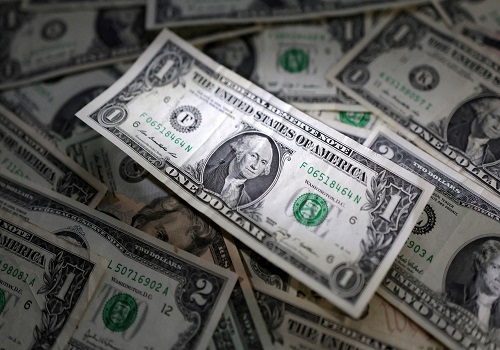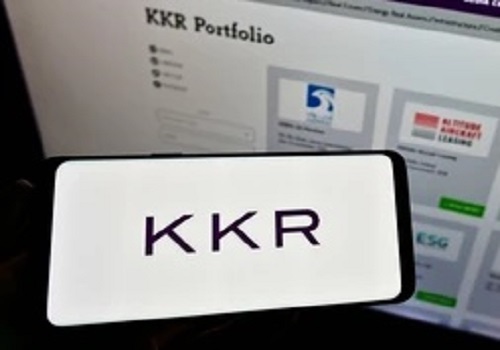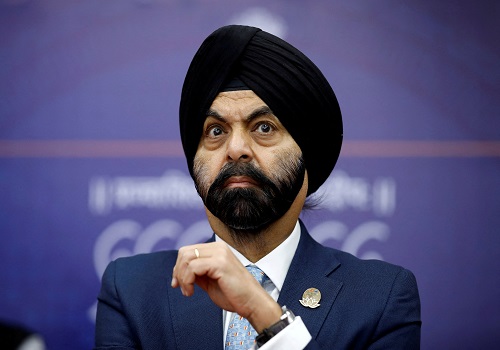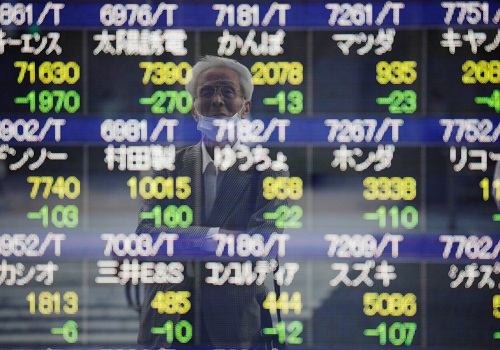Janet Yellen backs new allocation of IMF's SDR currency to help poor nations
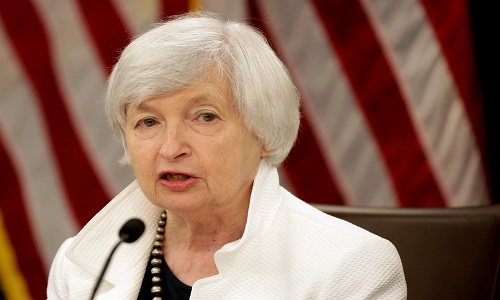
Follow us Now on Telegram ! Get daily 10 - 12 important updates on Business, Finance and Investment. Join our Telegram Channel
WASHINGTON - U.S. Treasury Secretary Janet Yellen on Thursday threw her support behind a new allocation of the IMF's own currency, or Special Drawing Rights, but said broad parameters were needed to boost transparency on how the reserves are used and traded.
Reversing the opposition of the Trump administration, Yellen told G20 finance officials in a letter that a new SDR allocation could boost liquidity for poor countries, which have been particularly hard hit by the global coronavirus pandemic.
The U.S. Treasury chief gave no specific size for possible allocation of SDRs, which can be converted to hard currency by IMF members. G20 finance officials will discuss the issue when they meet by video conference on Friday.
Italy, which holds the presidency of the G20 this year, and other members of the group of rich and emerging economies have backed a $500 billion allocation, but the Biden administration had been guarded about its view until now.
Yellen said an SDR allocation and steps to boost low- and zero-interest lending by the International Monetary Fund and the World Bank could aid efforts to contain the pandemic and mitigate its devastating impact, especially in poor countries.
"Without further international action to support low-income countries, we risk a dangerous and permanent divergence in the global economy," Yellen said.
"An allocation of new Special Drawing Rights (SDRs) at the IMF could enhance liquidity for low-income countries to facilitate their much-needed health and economic recovery efforts," she said.
"To make this tool effective, the G20 must work with a broad coalition of countries on a set of shared parameters for greater transparency and accountability in how SDRs are exchanged and used."
IMF spokesman Gerry Rice welcomed Yellen's letter as "very helpful", but declined to comment on her call for parameters for the use of SDRs. The IMF's issuance of new SDRs during the global financial crisis had "served the world very well" and could do so again, he said.
The IMF's charter requires general allocations of SDRs to be distributed to all members in proportion to their shareholdings in the Fund, with no conditions attached. It was not immediately clear how the parameters that Yellen seeks would be structured.
Sources said U.S. and other officials have expressed concerns about poor countries cashing out the added reserves to pay off official bilateral or private debt, a move that could shield China - the biggest official bilateral creditor - from exposure to an expected wave of debt restructurings.
In her letter, Yellen encouraged G20 members to use excess SDRs to support recovery efforts in low income countries, along with continued bilateral aid. She said she looked forward to discussing potential ways of deploying SDRs.
An IMF spokeswoman said members had provided about $15 billion of their existing SDRs to the Fund's Poverty Reduction and Growth Trust, accounting for about two-thirds of the $24 billion in loan resources mobilized for that facility.
Yellen's statement comes amid growing pressure from international officials and non-governmental organizations for more decisive action by the United States and other rich nations to help poor countries weather the current crisis, especially given an expected lag in vaccinations for those nations.
More than 200 civil society groups, religious leaders and some Democratic lawmakers in the U.S. Congress favor a larger SDR allocation valued at $3 trillion, but sources familiar with the matter said they viewed such a large move as unlikely for now.
Eric LeCompte, executive director of Jubilee USA Network, which has coordinated letters backing an allocation, said Yellen's letter was "incredibly positive news."
The IMF's board approved its last SDR allocation of $250 billion in August 2009, about five months after it was first proposed by G20 leaders during the global financial crisis.
Yellen told G20 officials that Treasury would co-chair the relaunched G20 sustainable finance group, and wanted to make it a formal working group to reflect its importance in tackling "the existential threat of our time: climate change."
She said the group would advance and coordinate the G20's initiatives to promote transparency around climate-related financial risks, sustainable finance, and a strong, green recovery, but said they should also support poor countries.












 320-x-100_uti_gold.jpg" alt="Advertisement">
320-x-100_uti_gold.jpg" alt="Advertisement">


